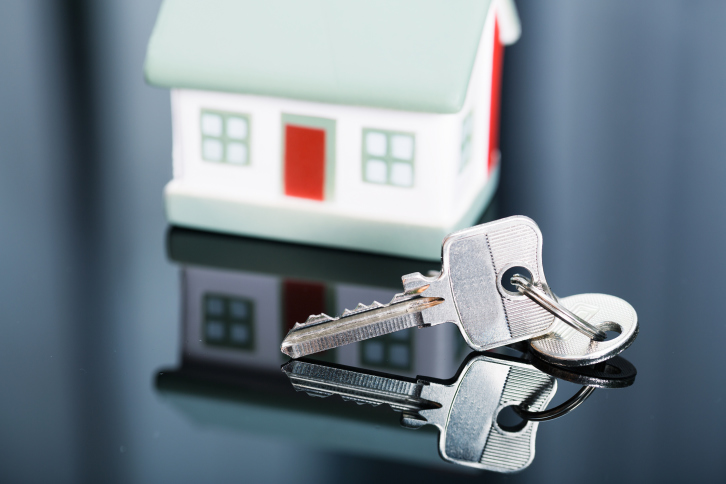A Few Common Misconceptions About Mortgage Pre-Qualification
 If you’re shopping around for mortgages, you’ve probably heard about pre-qualification processes – or maybe even received a pre-qualification offer in the mail. Lots of prospective homeowners hold misconceptions about what exactly pre-qualification is and how it works, and it leads them to opt into poor mortgage deals.
If you’re shopping around for mortgages, you’ve probably heard about pre-qualification processes – or maybe even received a pre-qualification offer in the mail. Lots of prospective homeowners hold misconceptions about what exactly pre-qualification is and how it works, and it leads them to opt into poor mortgage deals.
But by understanding how pre-qualification works, you’ll be able to find the right mortgage for you – at the best possible rate. So what is mortgage pre-qualification, and what isn’t it? Here are three common pre-qualification myths that you may have heard.
Myth: Mortgage Pre-qualification Commits You To A Specific Lender
Many homeowners mistakenly believe that being pre-qualified for a mortgage commits them to a specific lender. In truth, being pre-qualified only creates an opportunity for a lender to work with you.
The pre-qualification process doesn’t involve any loan contracts and doesn’t require you to pay the lender. Few homeowners know this, but you’re actually not at all committed to any particular lender until you sign the closing documents.
Pre-qualification is also generally a free process, although some lenders will ask you to pay the $20 fee it costs them to check your credit report. Typically no lender will ask you to pay more than $20 during pre-qualification.
Myth: Rate Shopping Hurts Your Credit Score
Another common myth is that shopping around for the best rate will hurt your credit score as a result of having multiple credit checks done. Some lenders may tell you this is true in order to discourage you from checking out other lenders. But according to FICO, mortgage inquiries aren’t handled the same way that other credit inquiries are.
Mortgage pre-qualification may seem like something you don’t want during a house hunt, but in truth, it’s really just a small gesture lenders make in order to make the mortgage process faster and simpler. If you’ve been pre-qualified for a mortgage, you will still need to go through the standard application process before you’re approved. To learn more about the mortgage application process, or to apply for your new mortgage today, contact your trusted mortgage professional.

 When applying for a new home loan, there are several different types of mortgage programs available to most applicants. While there are various home loan programs to choose from, the most significant difference between the various options relates to a fixed rate mortgage or an adjustment rate mortgage. Understanding what an adjustable rate mortgage, or ARM, is in comparison to a fixed rate mortgage can help applicants make a more informed decision about their mortgage plans.
When applying for a new home loan, there are several different types of mortgage programs available to most applicants. While there are various home loan programs to choose from, the most significant difference between the various options relates to a fixed rate mortgage or an adjustment rate mortgage. Understanding what an adjustable rate mortgage, or ARM, is in comparison to a fixed rate mortgage can help applicants make a more informed decision about their mortgage plans. Mortgages are expensive, and closing costs only add to the financial burden that homebuyers face. But with a little knowledge, you can pinpoint places to save on your mortgage closing costs and keep more money in your pocket. When you’re negotiating your next mortgage, use these tips to reduce required closing costs and keep more of your hard-earned money.
Mortgages are expensive, and closing costs only add to the financial burden that homebuyers face. But with a little knowledge, you can pinpoint places to save on your mortgage closing costs and keep more money in your pocket. When you’re negotiating your next mortgage, use these tips to reduce required closing costs and keep more of your hard-earned money.